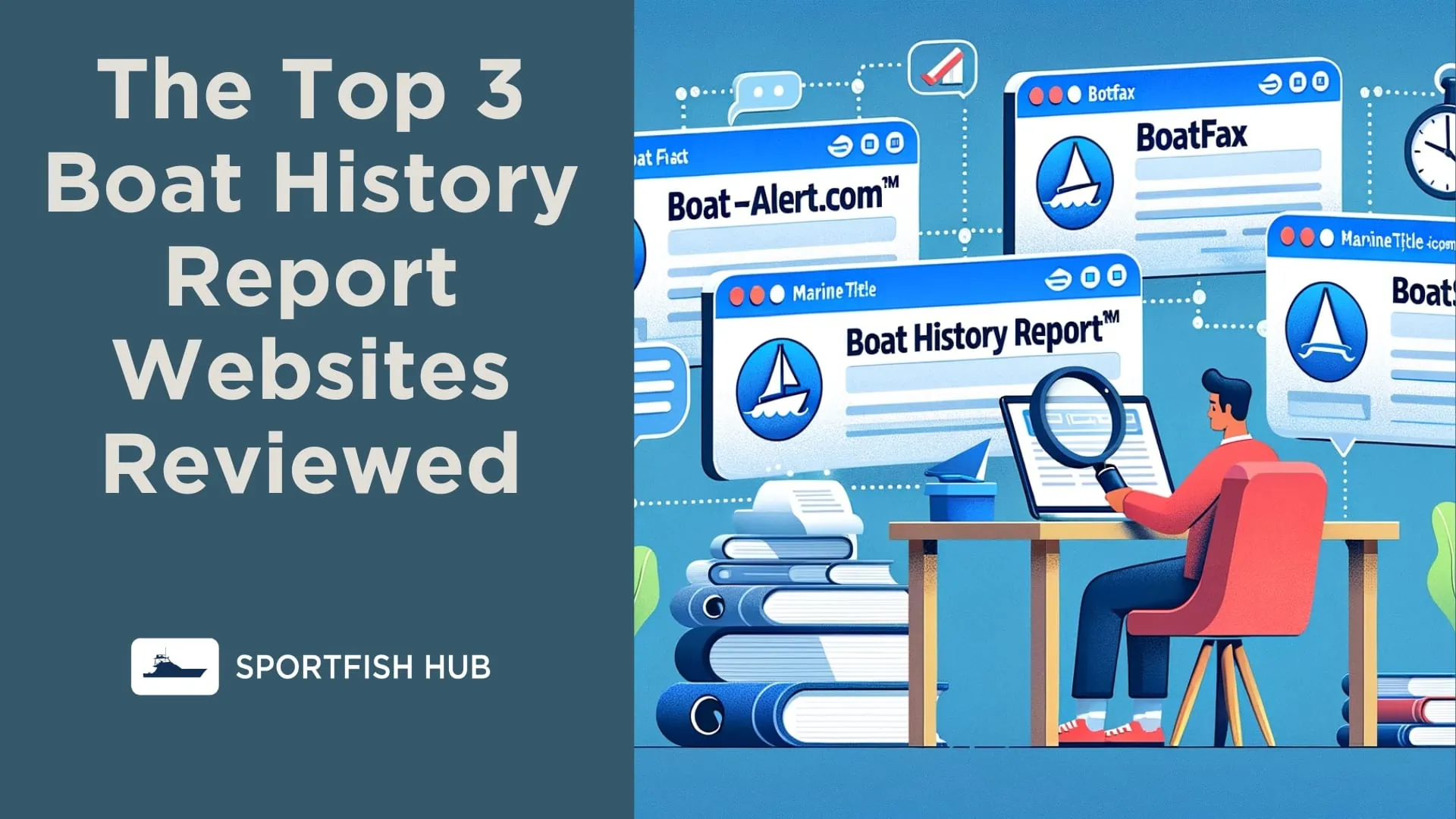Yes, if you live on a boat, you will still be responsible for paying certain taxes. However, the IRS and State Tax Authorities do allow for certain Tax deductions on boats that are claimed as either a primary or a secondary residence.
Claiming Your Boat As Property

The IRS does allow you to claim your boat as a home or a secondary residence. To do so, your boat must meet the following criteria:
- The Boat must have sleeping quarters
- The Boat must have a kitchen or cooking area
- The Boat must have a toilet
Assuming your boat meets to previous criteria to be classified either as a primary residence or a secondary residence, let’s look at what taxes you WILL be responsible for
Sales Tax Vs. Use Tax On A Boat
Whether your boat is for recreation or for use as a home, you will still be responsible for paying Sales Tax or Use Tax. Sometimes the difference gets confusing, so here is the difference:
Sales tax is charged at the time of purchase based on the sale price of the boat. Use tax is charged when the boat is brought into a state where sales tax was not paid. Sales tax is collected by the seller, while use tax is typically assessed by the state where the boat is being used.
Paying Personal Property Taxes On A Boat
Owning a boat means paying an additional tax known as personal property tax, which is similar to the taxes you would pay if you owned a private plane or an RV.
Although Property Tax is charged annually in some states, it isn’t charged in all states.
Some boat owners choose to register their boats in “tax haven” states that don’t charge personal property taxes to avoid paying this fee. However, it’s important to note that doing this solely to avoid taxes may not be legal or ethical.
It’s only legal to register a boat in a state where you have a physical presence or legitimate business.
Property Taxes On A Boat Slip
To dock a liveaboard boat or a boat that you have designated as your residence, you may be required to pay property taxes on the boat slip.
If you own a boat slip, you will likely be charged property tax rates similar to those for homes in your state.
If you are leasing a boat slip, the property taxes of the owner may be included in the monthly lease price, but you will not be able to deduct the slip fees from your taxes unless you are using your boat as a business. blog developer
However, there are ways to avoid property taxes on boats, such as by keeping the vessel at sea for most of the time and only docking briefly. Again, the specifics here will depend on your state.
Homeowners Tax Deduction For A Boat
Making your boat, a residence does allow you to qualify for applicable homeowners tax deductions, which will vary depending on the state you live in. Additionally, if you used the boat as security for a loan that you took out to buy the boat, you could be eligible to deduct the interest paid on the loan.
Your eligibility and the amount you could save will vary greatly depending on your state, so you do your research!
Conclusion
Tax responsibilities and implications are complex when you try to declare your boat a business or a residence. Although we have tried to provide you with the best information possible, it is always your responsibility to consult a certified Accountant or Tax Professional for the most up-to-date and accurate advice.
Disclaimer: Sportfishtrader provides the best advice we can based on a lifetime of experience and hours of research for each article; however, we are not tax experts or certified CPAs. So, before taking any financial or tax action, consult a certified CPA or Tax Attorney.
FAQ’s
Yes, but you would have to live mainly at sea and anchor only in locations on a temporary basis.
Yes, given the right size and type of boat, you could live permanently on a boat and classify it for your taxes as a primary residence.
When you sell a boat, you don’t usually have to report it to the IRS unless you made a profit from what you originally paid for it; however, if you were using it for a business, you can most likely report the loss to the IRS and use that as a write-off. As always, consult a certified CPA for the most accurate tax advice.











